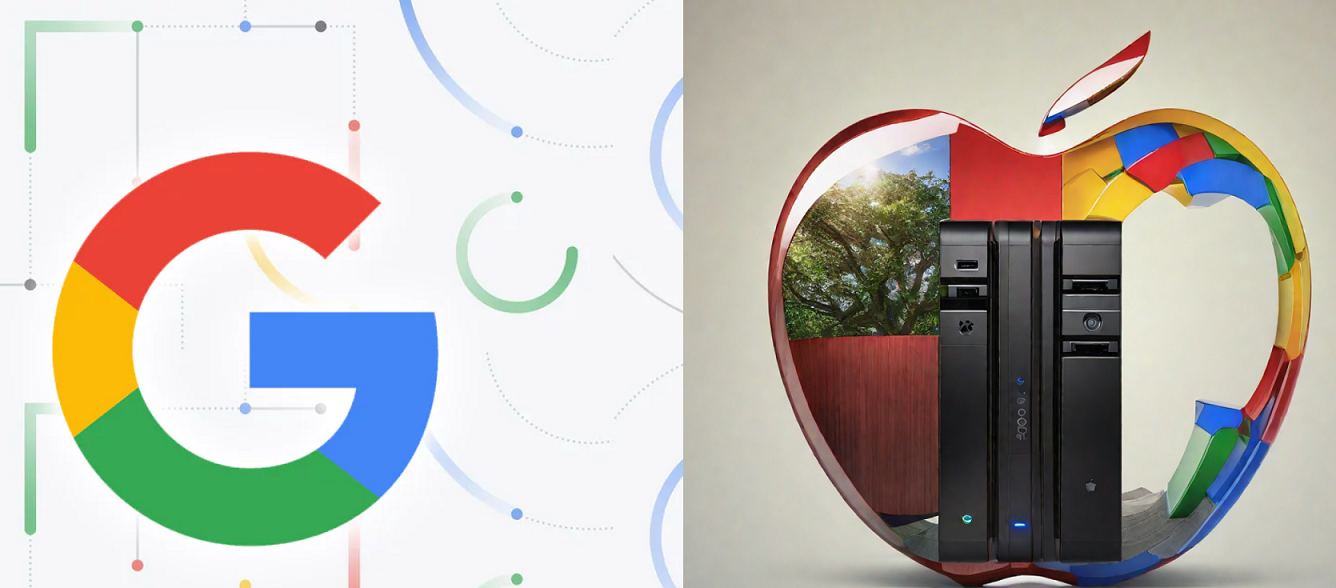
A stark warning emerged on Wednesday as Senator Ron Wyden alerted the Department of Justice to an alarming trend: certain unidentified governments have been leveraging smartphone app push notifications to surveil users. The revelation sheds light on yet another means by which governments may be tracking smartphones, stirring concerns over privacy and surveillance boundaries.
Push notifications are the lifeline of app engagement, providing users with timely updates, messages, and alerts. Yet, beneath these innocuous 'dings' or visual pop-ups lie a lesser-known reality: the vast majority of these notifications traverse through Google and Apple servers.
Senator Wyden highlighted how this infrastructure places Google and Apple in a unique position, granting them substantial insight into the flow of app-related data to users. Consequently, these tech giants inadvertently facilitate potential government surveillance, raising urgent questions about user privacy and data confidentiality.
In response to Senator Wyden's concerns, Apple acknowledged the restrictive federal measures that had prevented them from divulging such information previously. They expressed their commitment to updating transparency reports, aiming to provide users with a deeper understanding of how governments monitor push notifications.
However, the Department of Justice remained silent on queries regarding push notification surveillance and its potential restrictions on Apple and Google's disclosures. Google, likewise, offered no commentary on the matter.
Wyden's letter referenced a 'tip' as the primary source of information regarding surveillance activities. While his staff refrained from elaborating on this tip's specifics, a confidential source confirmed that both domestic and foreign government entities have approached Apple and Google for metadata linked to push notifications. These requests aim to connect anonymous users of messaging apps to specific Apple or Google accounts.
Despite declining to identify the foreign governments involved, the source categorized them as democratic nations allied with the United States. The duration of such data gathering practices remained unclear.
Although push notifications often evade users' scrutiny, their deployment has occasionally drawn attention from technologists due to the inherent challenge of utilizing them without routing data through Google or Apple.
David Libeau, a French developer, earlier highlighted the opacity surrounding push notifications, branding them a "privacy nightmare" due to the inadvertent data flow to tech giants, unbeknownst to users and developers.
The revelation by Senator Wyden underscores the need for greater transparency in the realm of data handling by tech conglomerates. As concerns over digital privacy intensify, this incident serves as a wake-up call, prompting discussions on surveillance ethics and user confidentiality in the digital age.
Source: Reuters